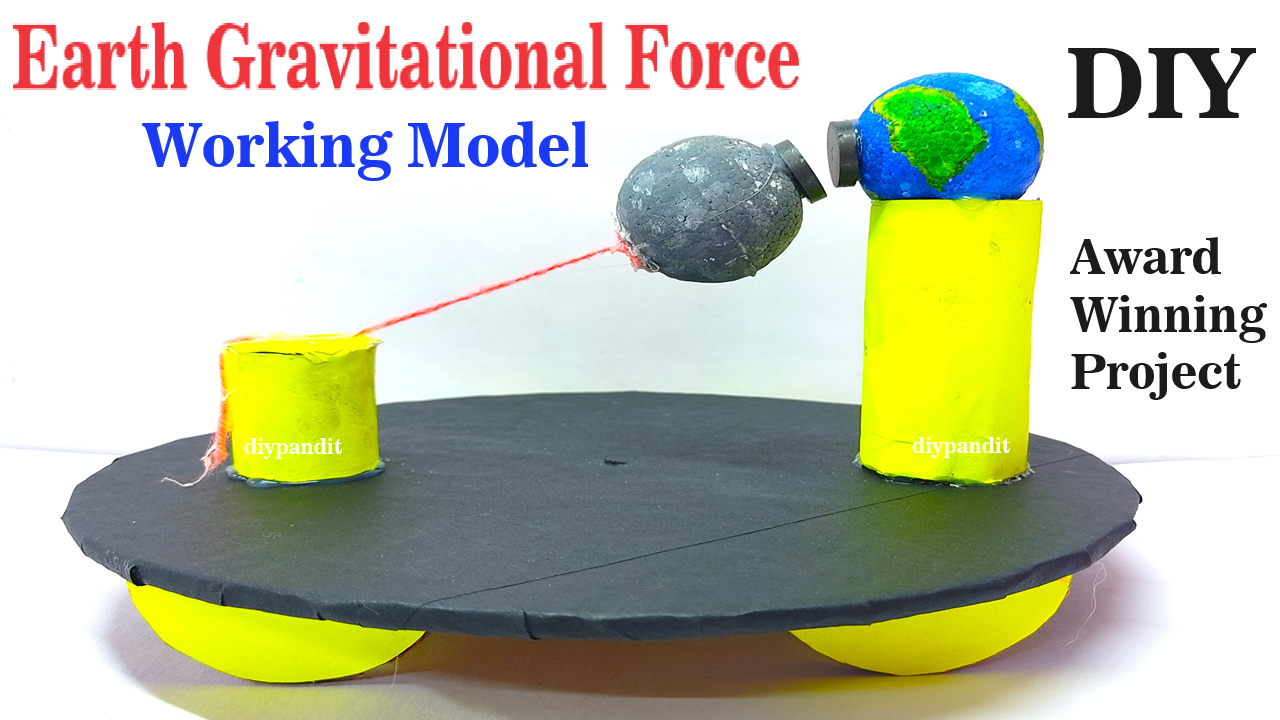Here are 25 common questions judges might ask along with simple and easy ways to answer them:

- What is your project about?
- For example, “My project is about how plants grow under different light conditions.”
- What inspired you to choose this topic?
- For example, “I love plants and wanted to understand how light affects their growth.”
- What is your hypothesis?
- For example, “I hypothesize that plants will grow better under blue light than red light.”
- What materials did you use?
- For example, “I used different colored lights, plant seeds, soil, and pots.”
- Can you explain your procedure?
- For example, “First, I planted the seeds in pots, then placed them under different colored lights, and measured their growth every week.”
- What results did you get?
- For example, “Plants under blue light grew taller than those under red light.”
- Were there any challenges you faced?
- Yes, I faced challenges For example, “It was hard to keep the light conditions constant.”
- How did you overcome these challenges?
- I overcame them by For example, “I used timers to ensure the lights were on for the same amount of time each day.”
- What did you learn from your project?
- For example, “I learned that light color can significantly affect plant growth.”
- How does your project apply to real-world situations?
- For example, “It can help gardeners and farmers choose the best light conditions for growing plants indoors.”
- What would you do differently if you did the project again?
- For example, “I would test more types of lights and use more plants to get more data.”
- Did you conduct any background research?
- Yes, I researched, For example, “I researched how different light wavelengths affect plant photosynthesis.”
- Who helped you with your project?
- I got help from For example, “My teacher helped me with the experimental design, and my parents helped me get the materials.”
- How did you ensure your experiment was fair?
- I made sure to For example, “I kept all other conditions like water and temperature the same for all plants.”
- What was the most interesting part of your project?
- t interesting part was [mention what you found interesting]. For example, “Watching how different lights affected the growth rates of plants.”
- Can you explain any terms or concepts related to your project?
- Sure, “Photosynthesis is the process by which plants use sunlight to make food.”
- How did you record your data?
- I recorded my data by For example, “I measured the height of the plants every week and wrote it down in a notebook.”
- Did you have a control in your experiment?
- Yes, my control was For example, “Plants grown under natural light.”
- How reliable are your results?
- My results are reliable because For example, “I repeated the experiment several times and got similar results each time.”
- What is the next step in your research?
- The next step would be To test how different soil types affect plant growth under the same light conditions.”
- How does your project connect to what you’ve learned in school?
- My project connects to our lessons on plant biology and the scientific method.”
- What surprised you the most about your findings?
- I was surprised that Plants under blue light grew much faster than I expected.”
- How did you ensure the accuracy of your measurement
- I ensured accuracy by a ruler to measure plant height and measuring at the same time of day.”
- Why do you think your project is important?
- I think it’s important because It can help improve indoor gardening and farming techniques.”
- Would you recommend this project to others? Why or why not?
- Yes, I would recommend it because It’s a fun and educational way to learn about plant biology and the effects of light.”

